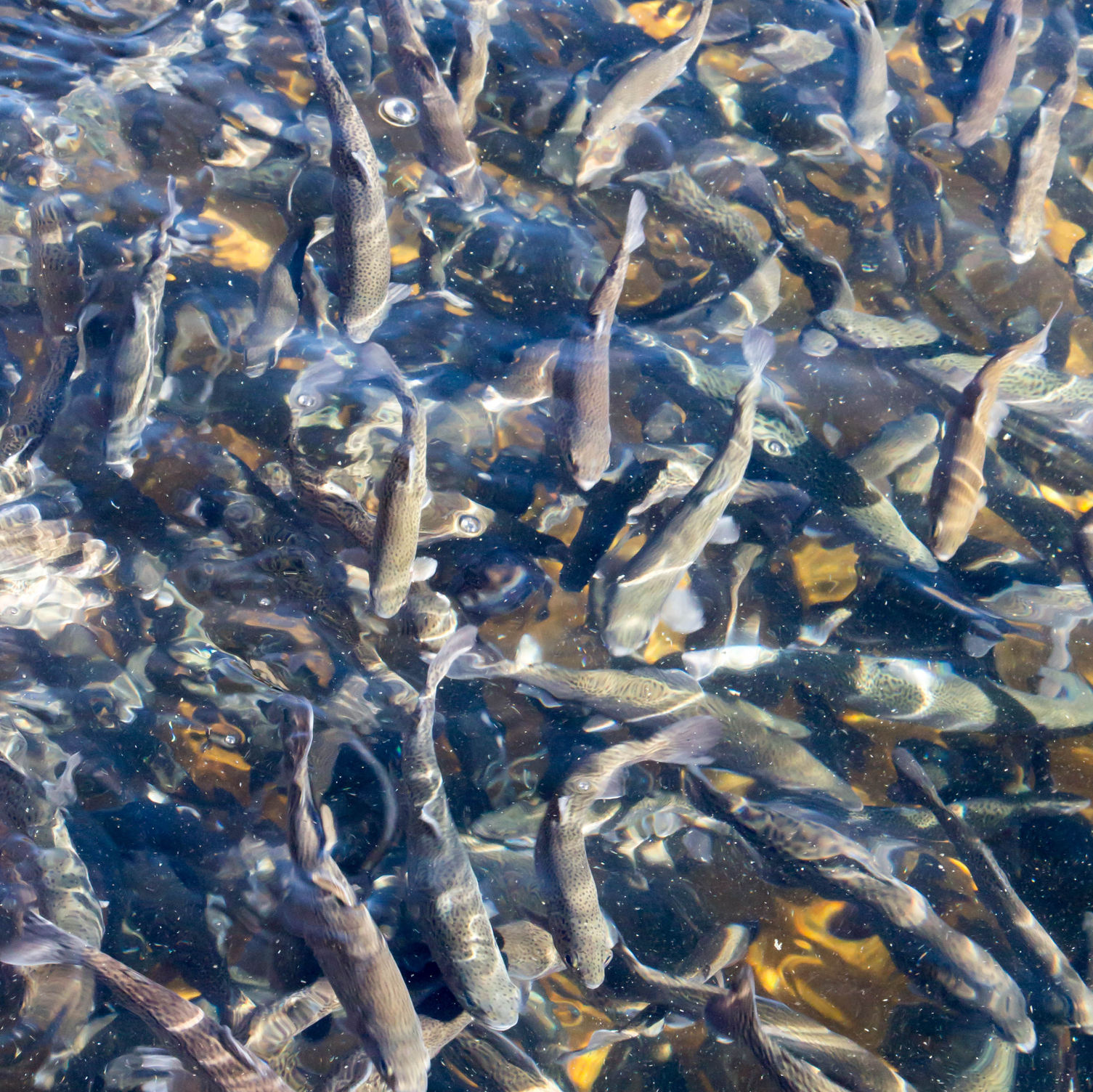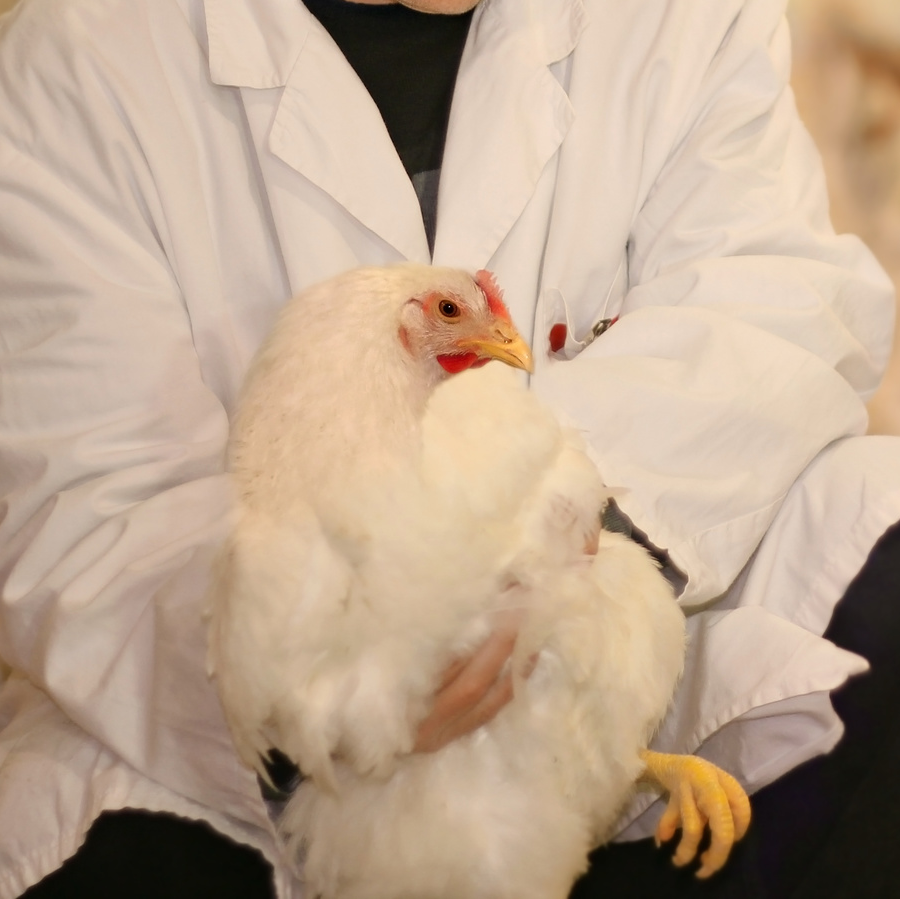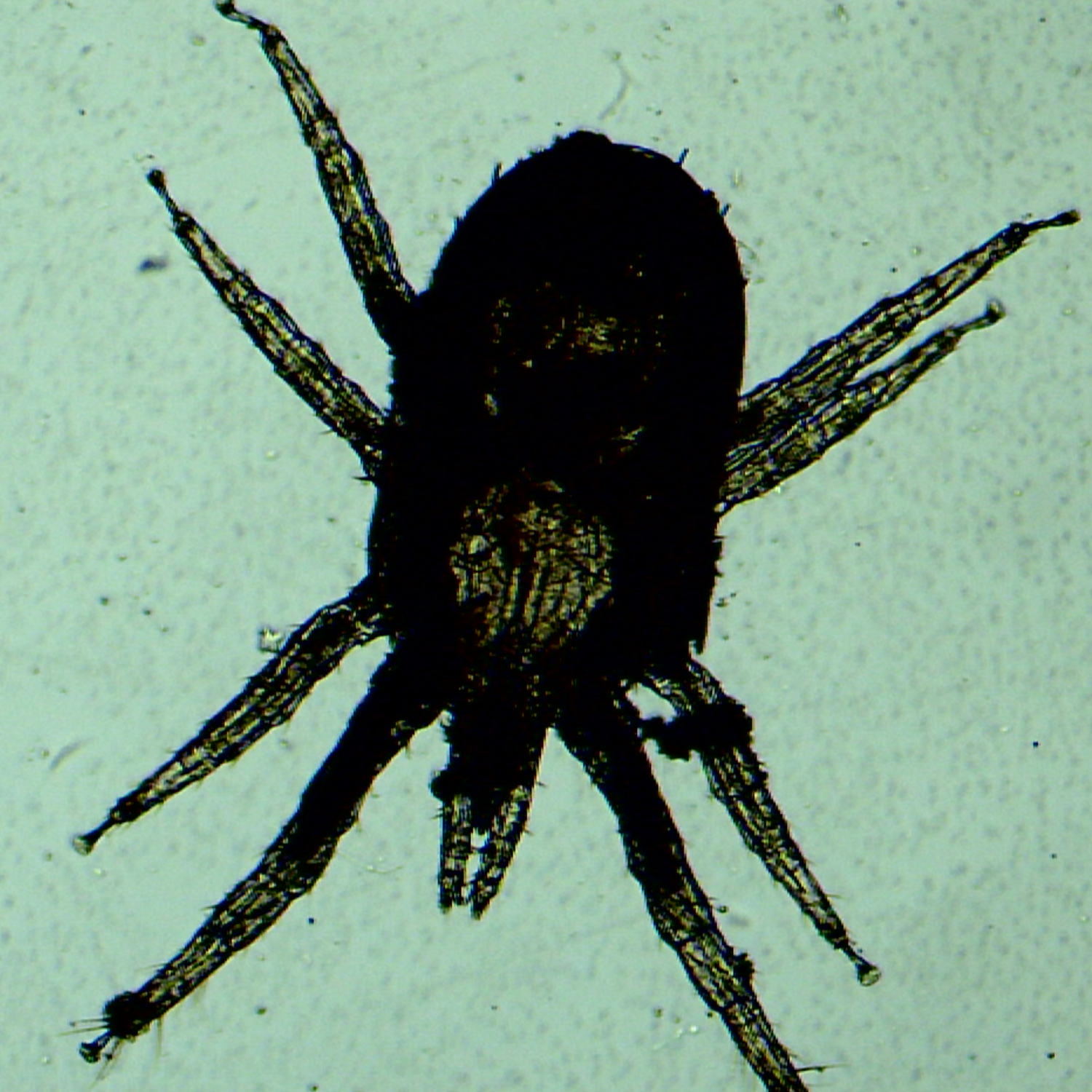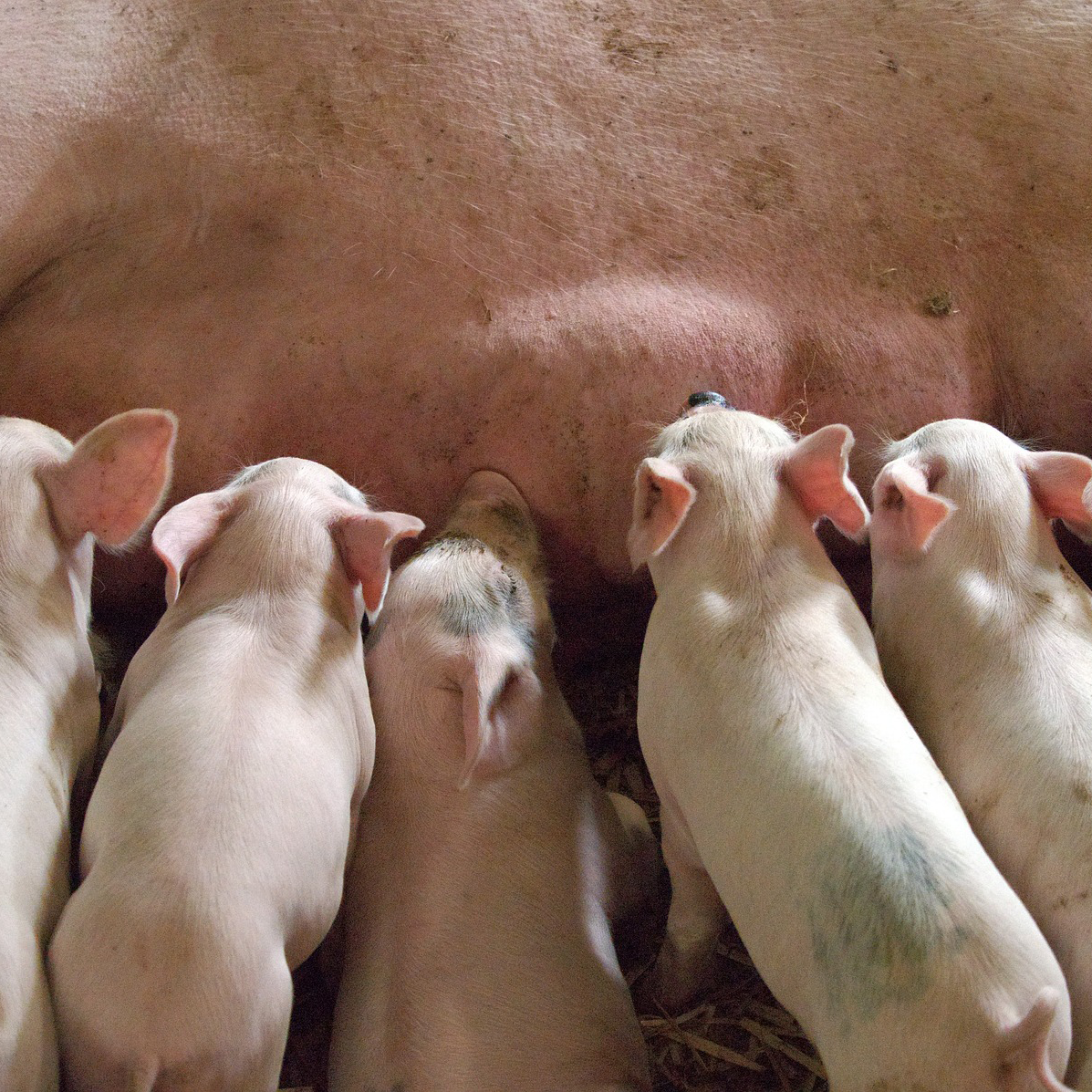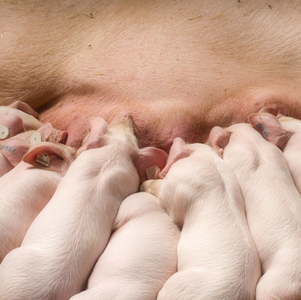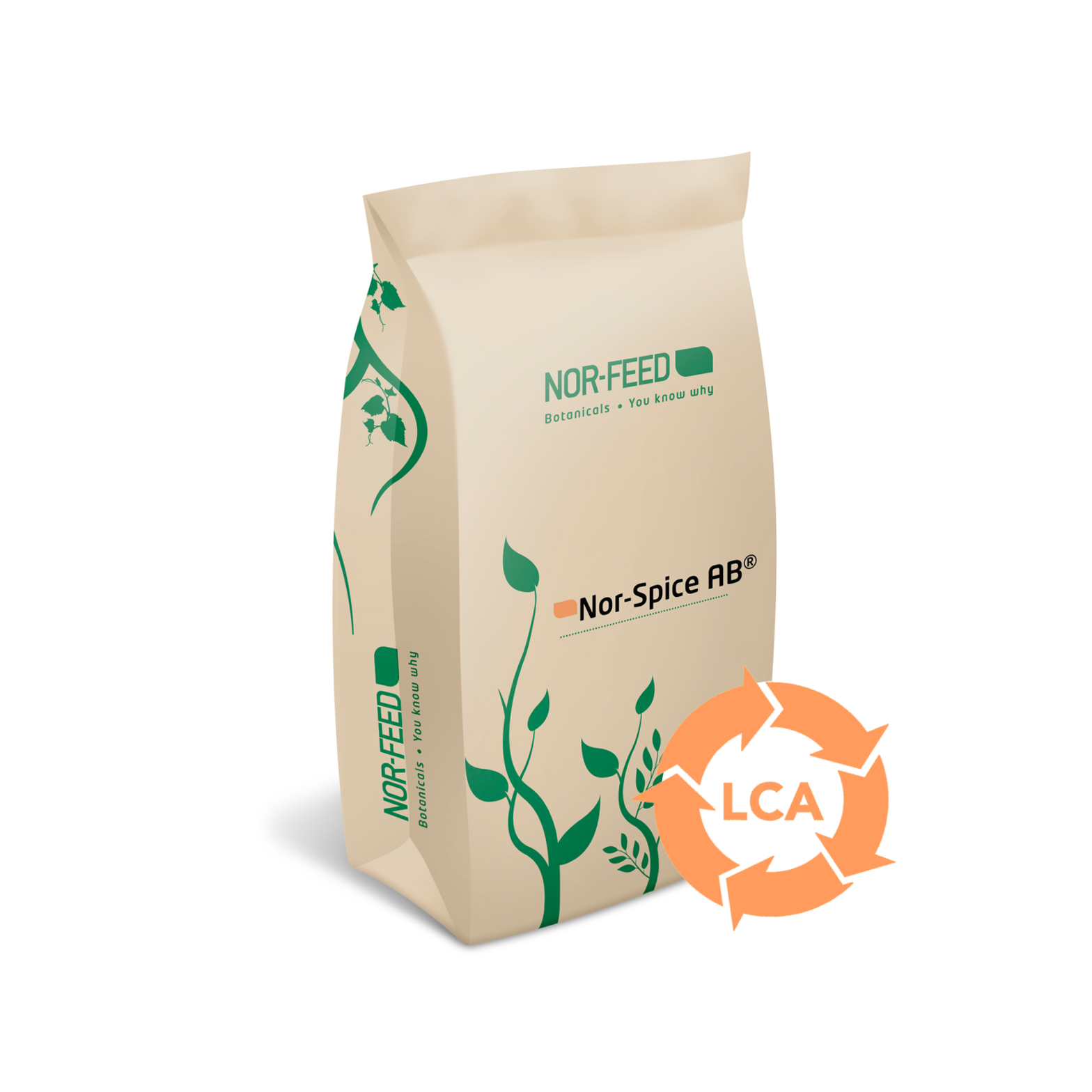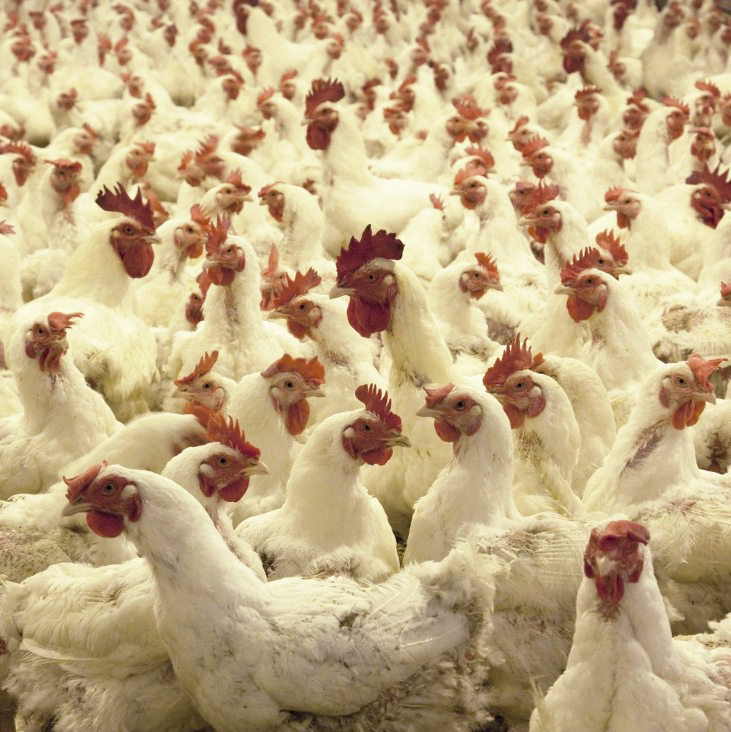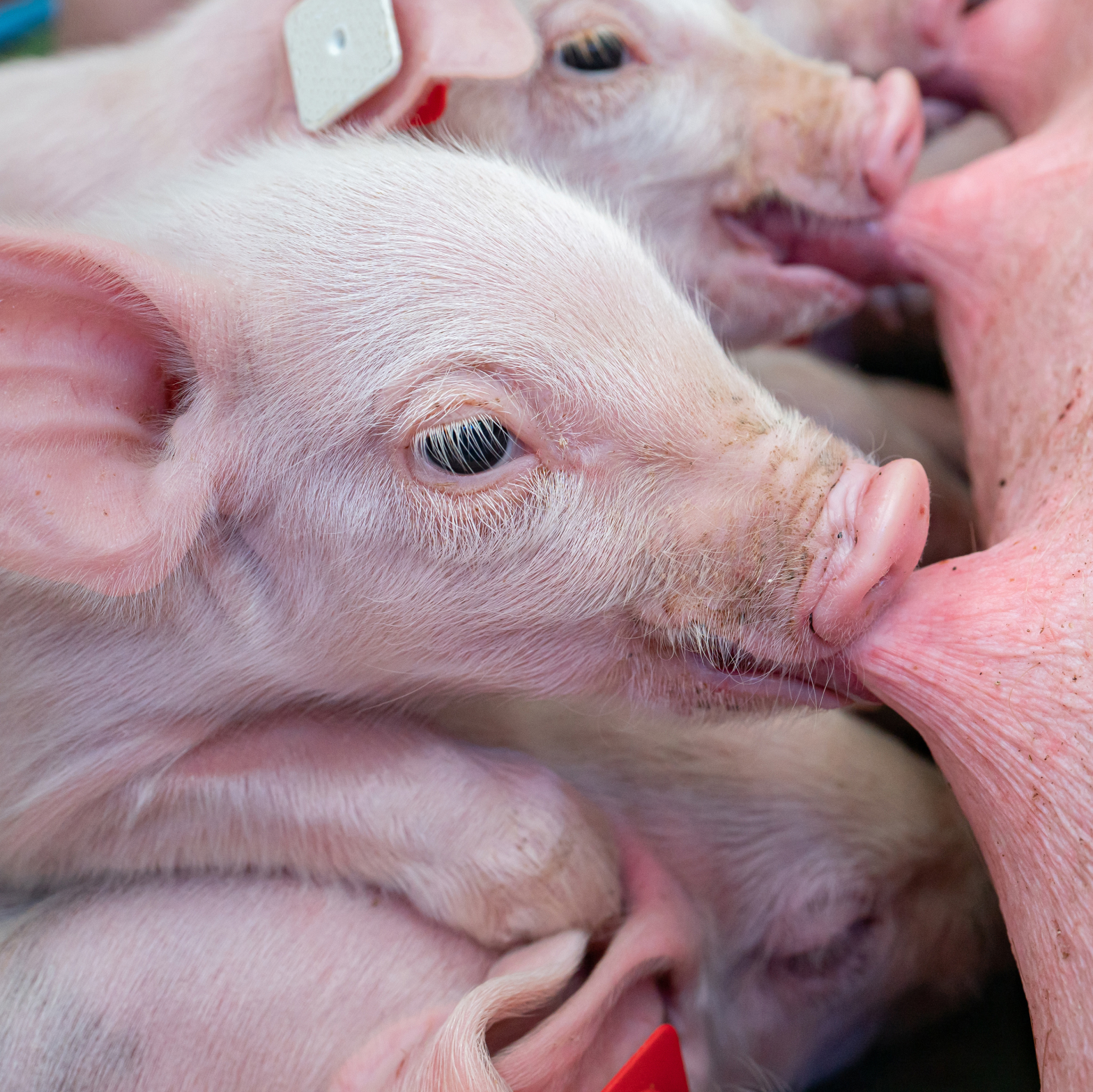Promising trial results from our partner Montana Chile on Salmonides Recent trials conducted in Chile by our partner, Montana Chile, focusing on Atlantic salmon, Pacific salmon, and rainbow trout, have yielded promising results. Durelax liquid, used at 250ml/m3 in water, reduces fish stress. Notably, during transport via truck and well-boat, salmonids exhibited lower cortisol levels, indicating …
Continue reading “Durelax Liquid, an effective tool in aquaculture!”


